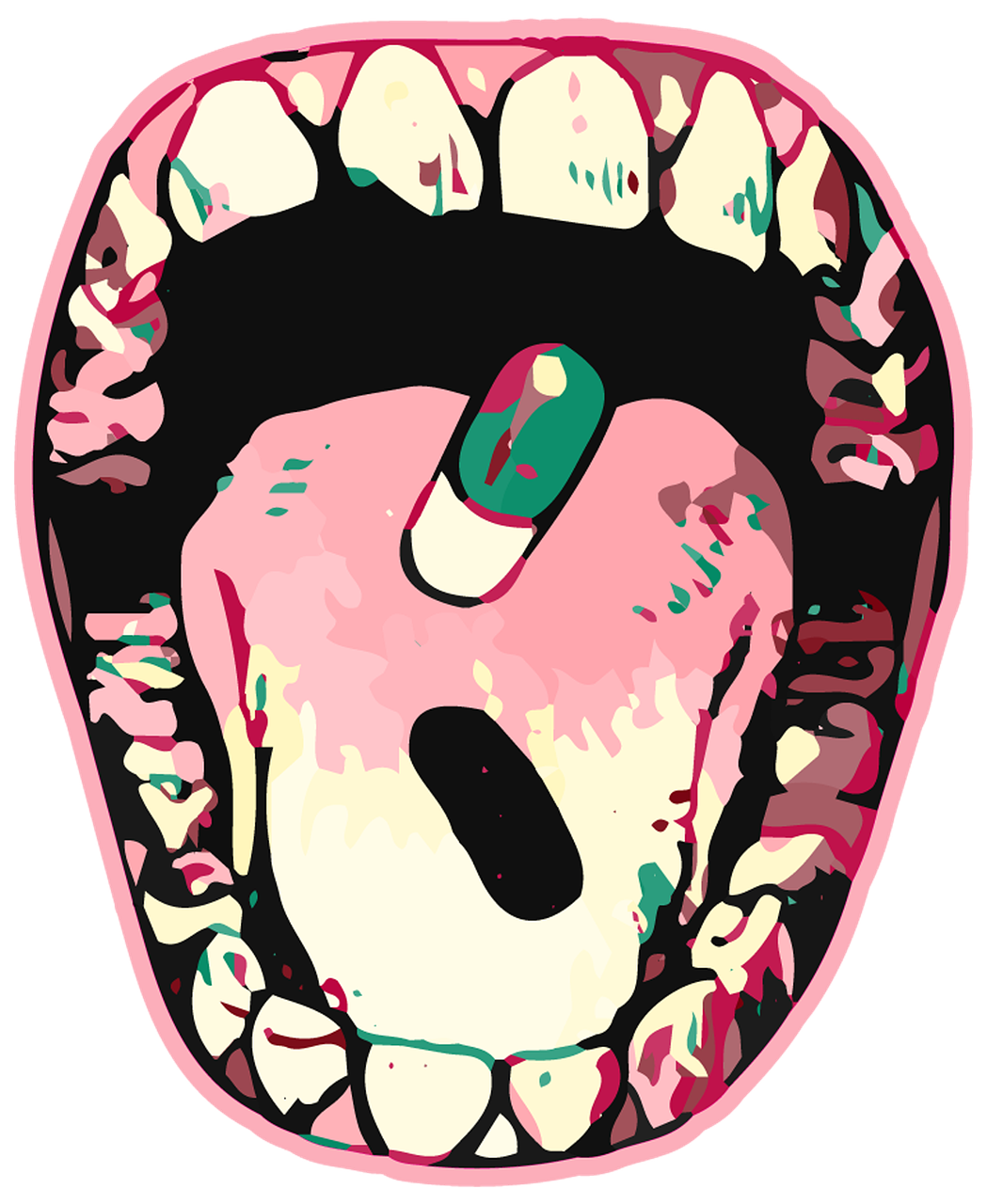Mental health medications: Allies or enemies?
An essay on how mental health medications support health
It was somewhere in the middle of my second year at college, when we were discussing about psychiatric medications in our neuropsychology class. What they are, what they do, and whether they ultimately change the personality of the person taking them. "Do you think they are necessary in the end?" the professor asked us, thus concluding the lecture.
As psychology students, we didn't know much about them. Except for their side effects and the fact that they "can make a person fat." After reading, studying, and gaining experience, I will try to clarify most of the things you may be thinking about psychiatric medications. I will tell you how they ultimately support the patient, but also how they can "harm" in cases of abuse or misuse.
Initially, mental health medications include antidepressants, antipsychotics, anti-anxiety drugs, and mood stabilizers. As their names suggest, they belong to different categories and have different modes of action, affecting hormones and brain chemistry. They do not all work in the same way.
A common misconception is that they all cause weight gain or dizziness and drowsiness. No. This is a myth, as is the idea that all medications cannot be stopped once you start taking them. Yes, some may be addictive and some may require special handling, but that does not mean that all are like that.
This brings us to the sensitive point of the article: a psychiatrist is the appropriate specialist for prescribing and managing these drugs, and no advice can replace them. Only them can judge whether someone really needs them, because the risk of dependence, abuse, and misuse is very high.
On the other hand, when used appropriately, with the right method and dosage, they can truly save lives. They can motivate the individual to take action, stop seeing/hearing voices (hallucinations), stabilize their mood if they have bipolar disorder, and calm them down.
Since there are so many positive aspects, why is there so much stigma?
Quite simply, because of the side effects, because of the fact that they are sometimes abused, and because of people's ignorance, there is a situation of chaos and stigma. Phrases such as "crazy," "mad," and "insane" are very common among people who do not know or accept science.
In closing, it is important to emphasize that science is advancing. And as it advances and improves, side effects are reduced and stigma is diminished.
However this alone is not enough. What is needed are actions of acceptance, compassion, support, and above all, proper management and an interdisciplinary approach. In other words, professionals from various fields need to be involved in the health of the individual.
And suddenly, the question "Do you think these drugs are 'good' or 'bad'" will disappear from every school and college classroom. It will be replaced by a new, more modern and fresh question: "How can we help the patient by working together?"
And so, the stigma will be reduced. And society as a whole will be lighter...


